Foundation Repair Solutions for Stability
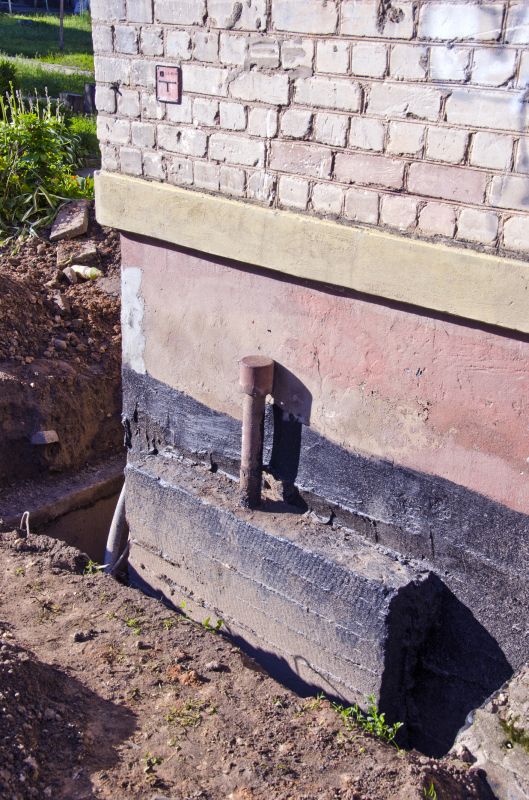
Spring offers moderate temperatures and stable ground conditions, making it suitable for repairs.
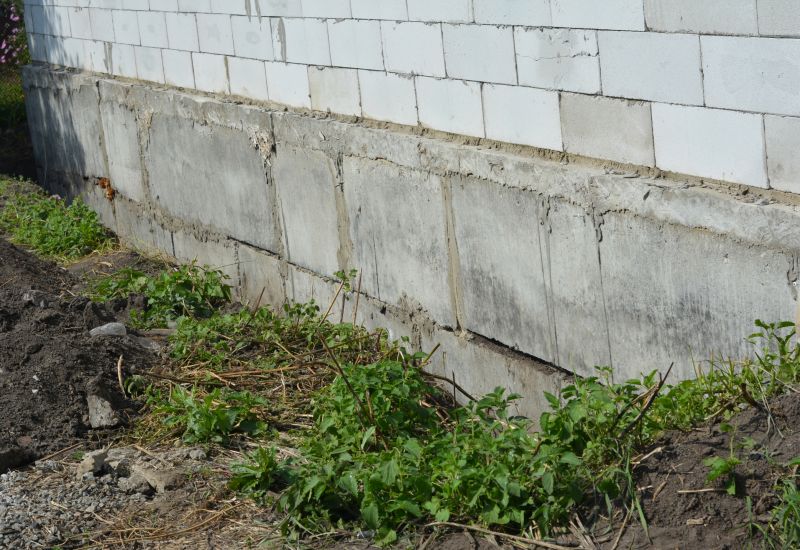
Summer provides warm weather, but excessive heat and dry soil can complicate repair processes.
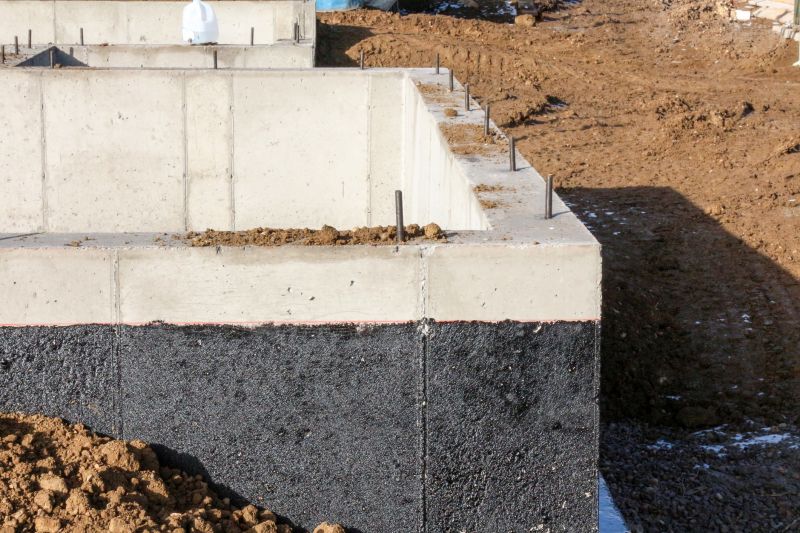
Fall's cooler temperatures and moisture levels can facilitate effective repairs before winter.
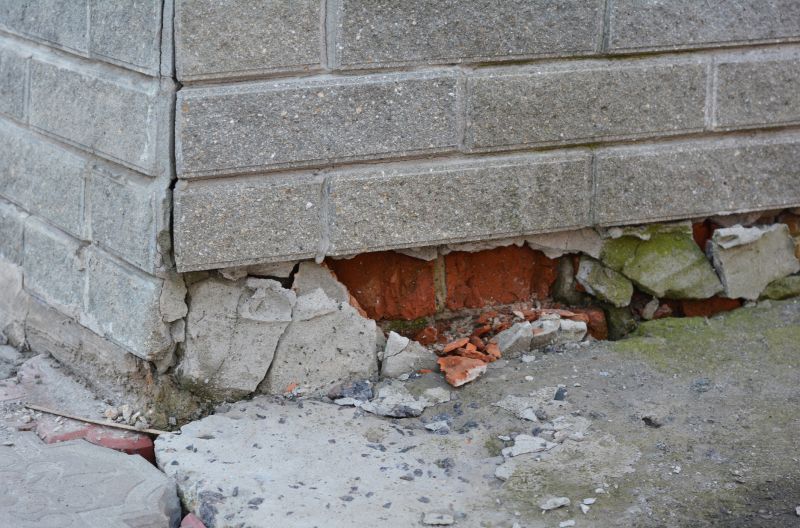
Winter is generally not ideal due to freezing temperatures and frozen ground, which hinder repair work.
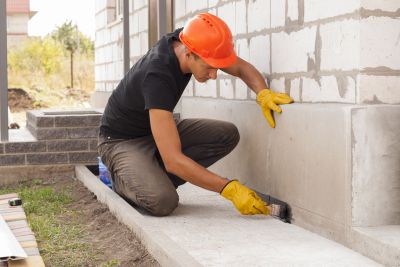
Spring and fall are considered optimal times due to moderate weather and soil conditions.
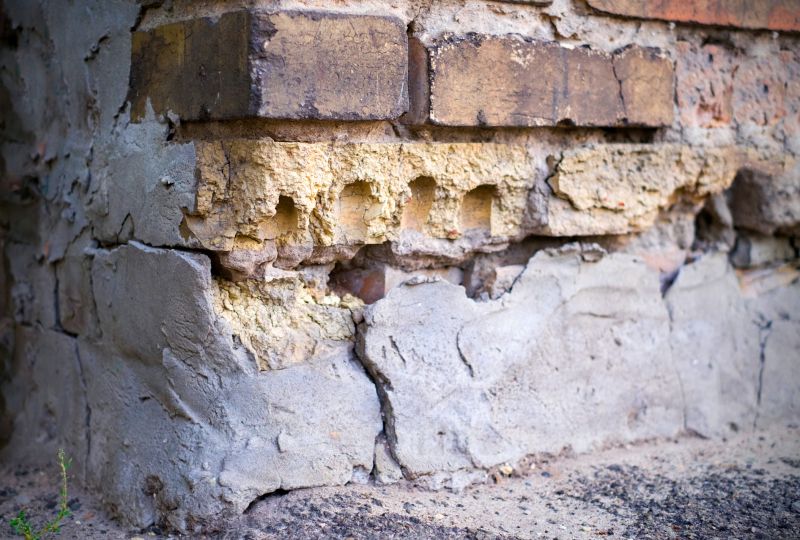
Weather conditions significantly influence repair effectiveness, with extreme temperatures delaying work.
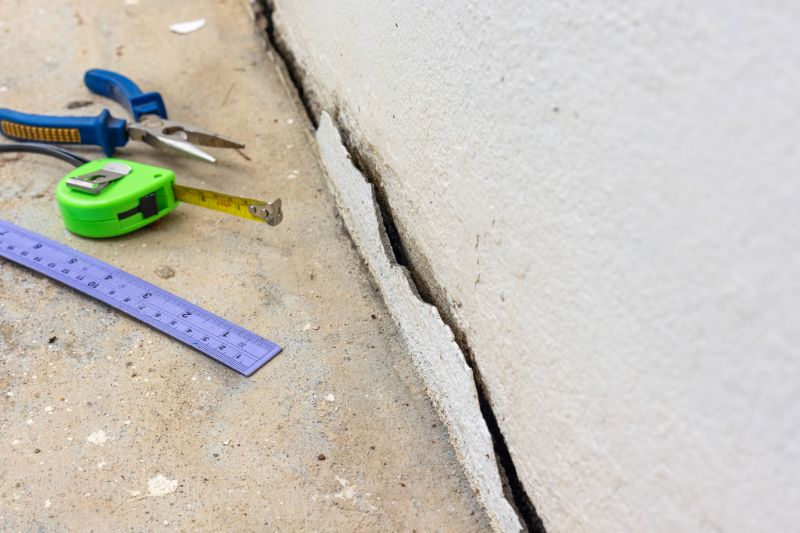
Ways to make Foundation Repairs work in tight or awkward layouts.
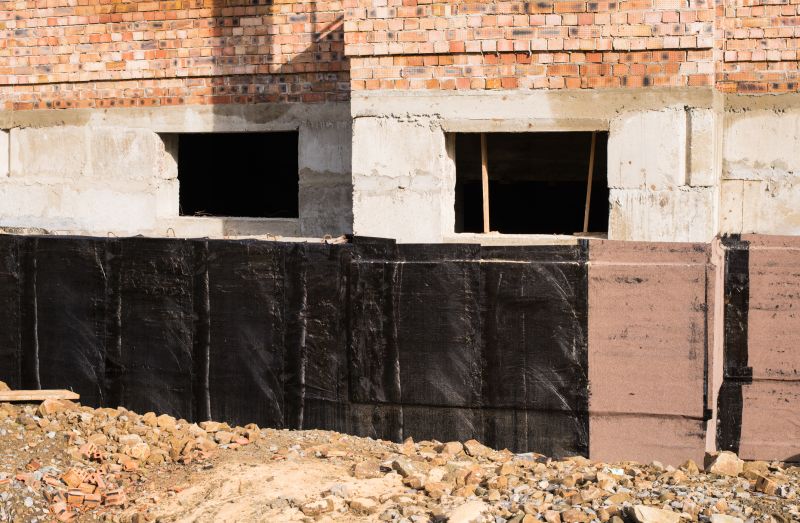
Popular materials for Foundation Repairs and why they hold up over time.
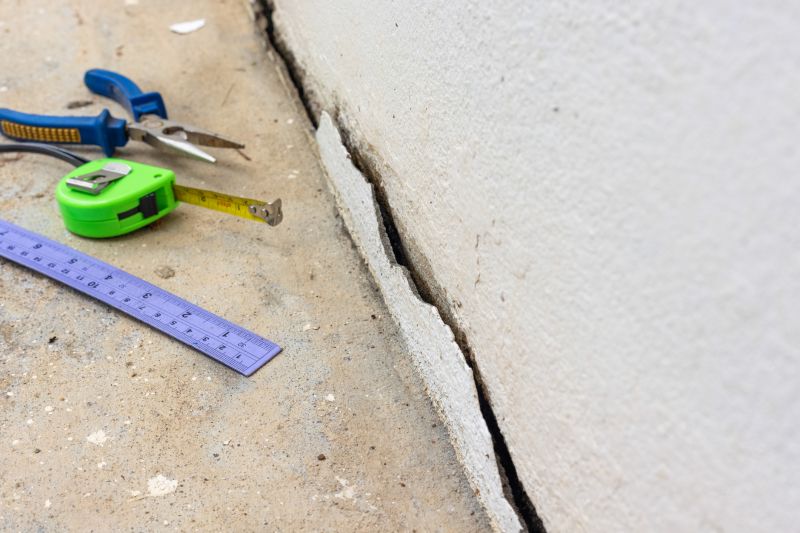
Simple add-ons that improve Foundation Repairs without blowing the budget.
Foundation repairs are essential for maintaining the structural integrity of a building. They address issues such as settling, cracking, and shifting that can compromise safety and property value. Timely repairs can prevent more extensive damage and costly future repairs. Proper assessment and intervention are crucial to ensure stability and longevity.
Statistics indicate that over 25% of homes in Ohio experience foundation issues at some point, often due to soil movement, moisture fluctuations, and temperature changes. Repair methods vary from underpinning to slab jacking, depending on the severity and type of foundation problem. Early detection and intervention are key to minimizing structural damage and maintaining property value.
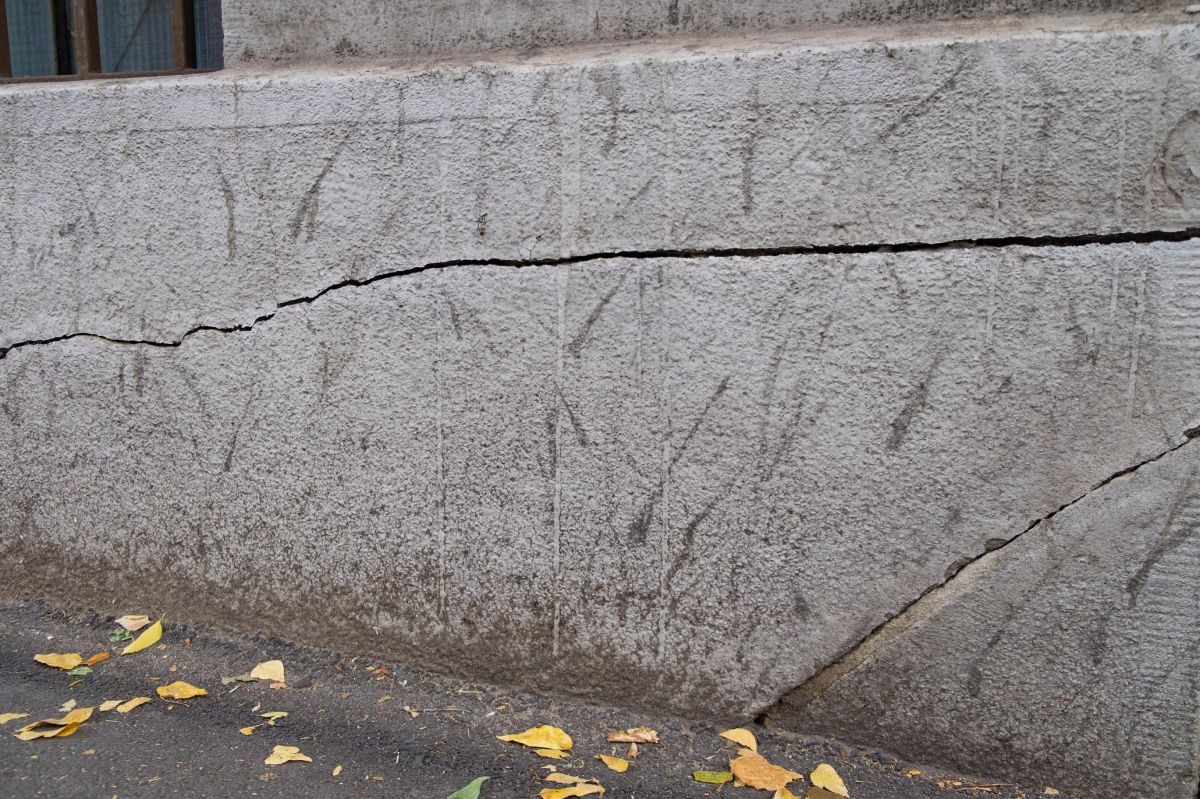
Visible cracks can indicate shifting and require immediate assessment.
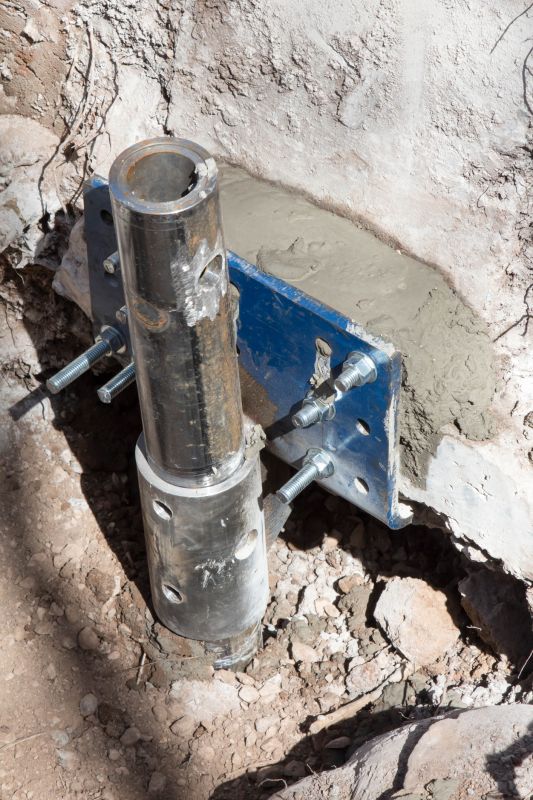
Piering provides stable support to lift and stabilize foundations.
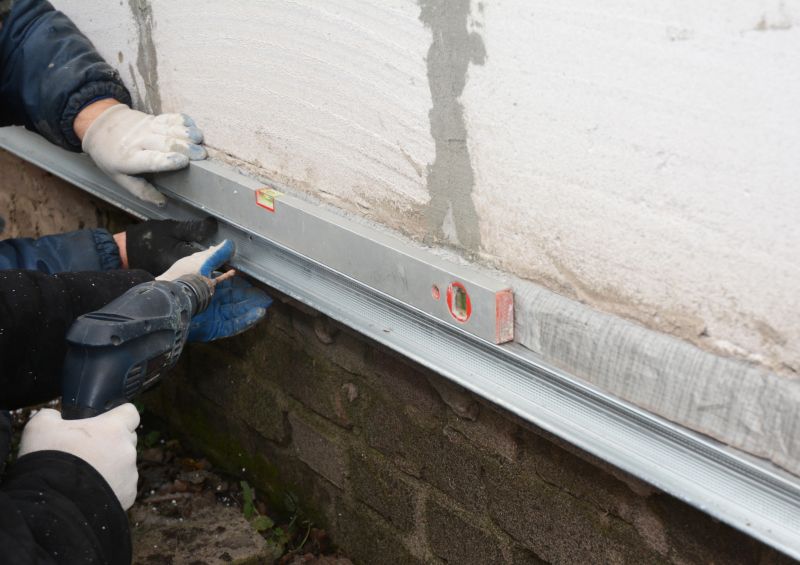
Soil stabilization helps prevent future settlement issues.
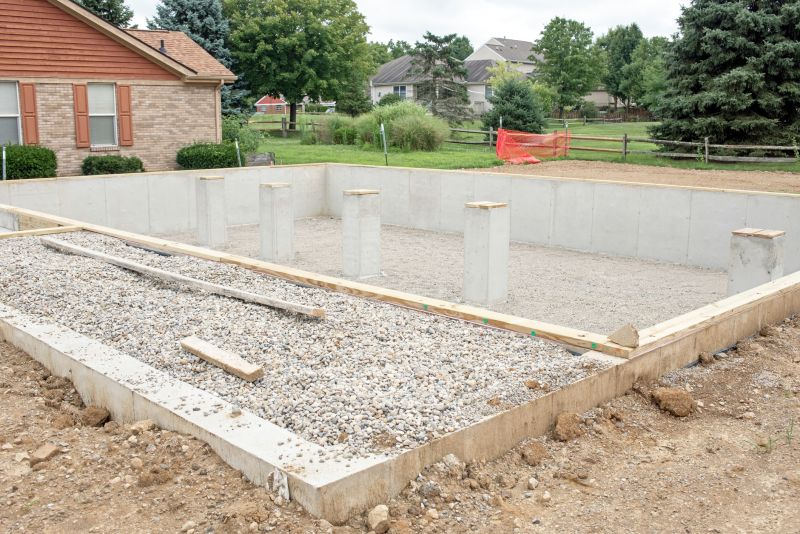
Underpinning reinforces weak or settling foundation sections.
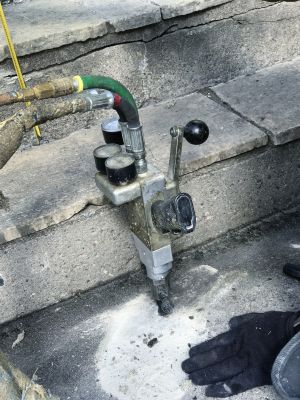
Hydraulic jacks are used to lift and level uneven slabs.
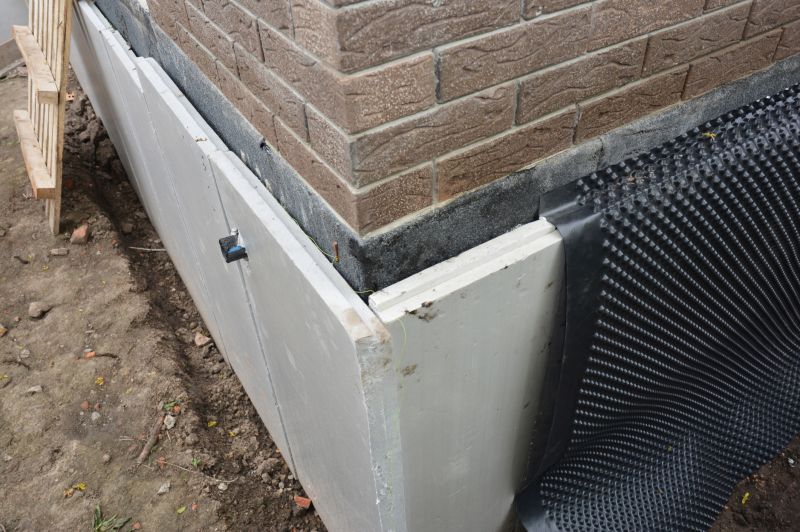
Proper drainage and moisture barriers protect foundations from water damage.
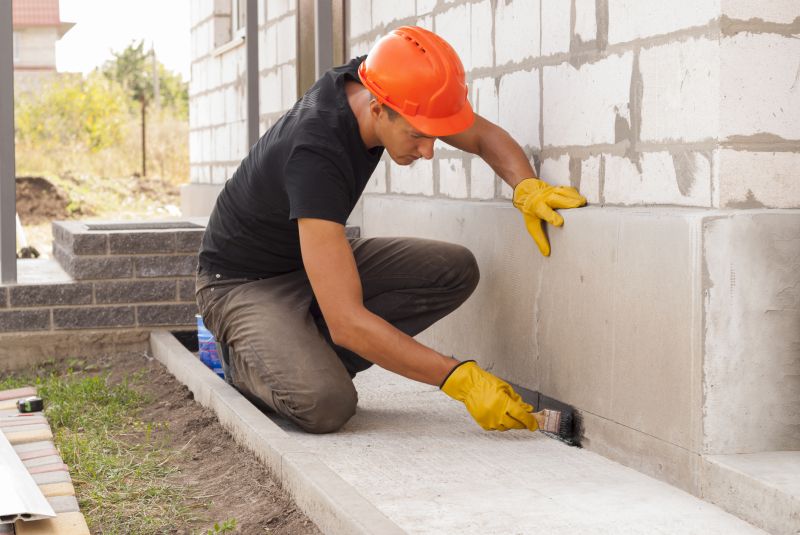
Resurfacing and sealing prevent further deterioration.
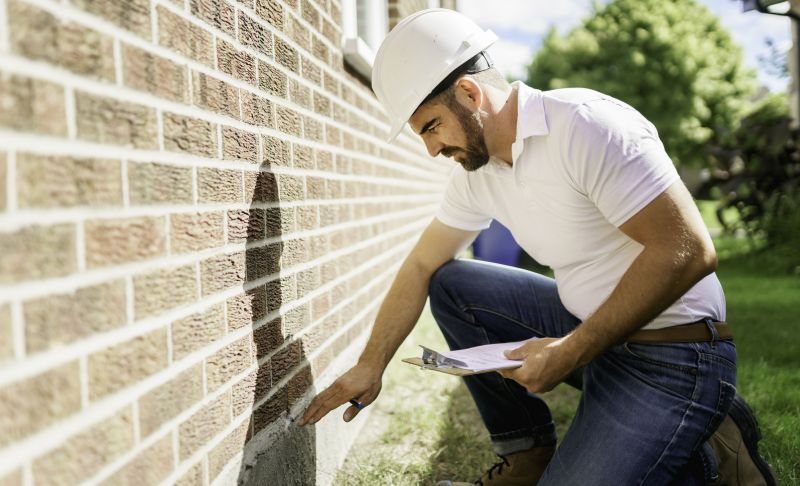
Professional evaluations identify underlying issues early.
| Season | Ideal Conditions |
|---|---|
| Spring | Moderate temperatures, soil thawing, and moisture levels |
| Summer | Warm weather, but risk of drought and soil shrinkage |
| Fall | Cooler temperatures, increased moisture, and stable ground |
| Winter | Freezing temperatures and frozen ground, generally unsuitable |
Choosing the right time for foundation repairs depends on weather conditions and soil stability. Spring and fall typically provide the most favorable environments for effective repairs. Avoiding extreme cold or heat reduces delays and complications during the repair process. Proper timing ensures the longevity and effectiveness of foundation stabilization efforts.
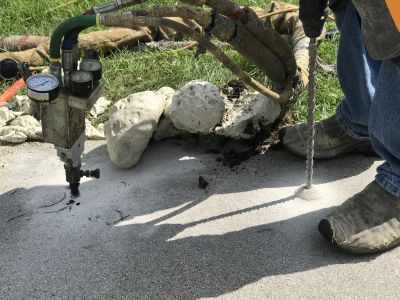
Specialized tools facilitate efficient foundation stabilization.
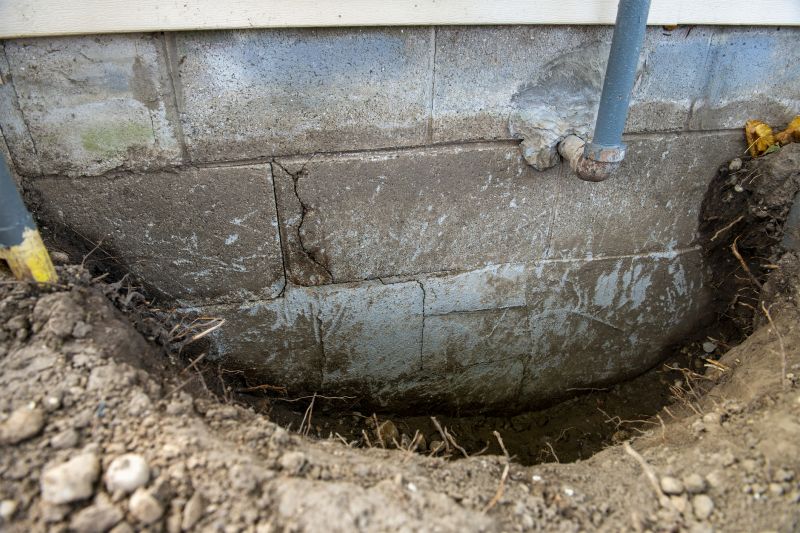
Visual evidence of the effectiveness of proper repairs.
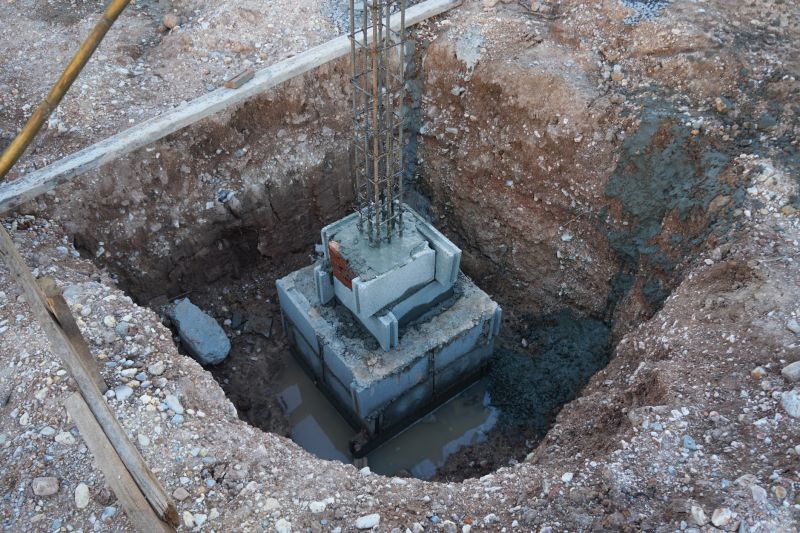
Testing helps determine the best repair approach.
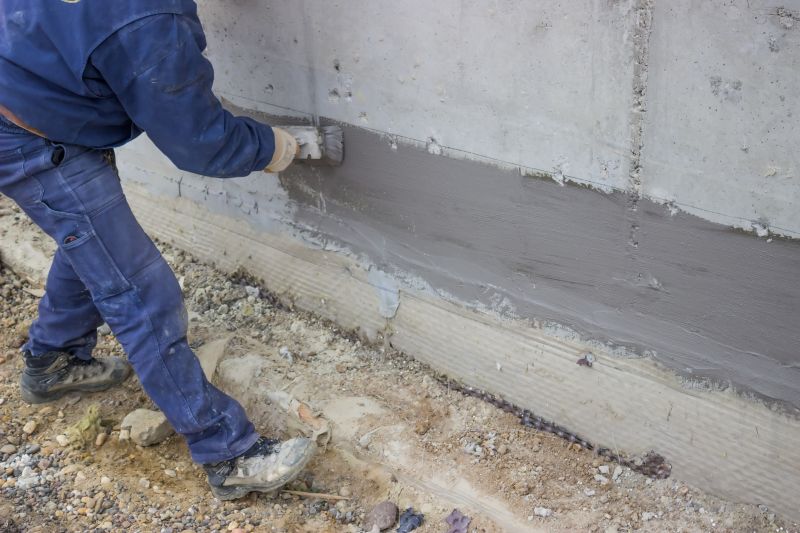
Sealing prevents water infiltration and further damage.
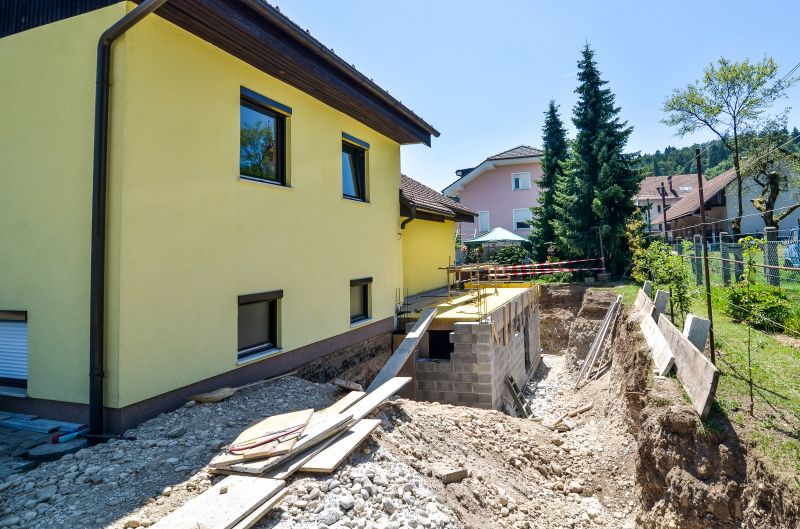
High-end options that actually feel worth it for Foundation Repairs.
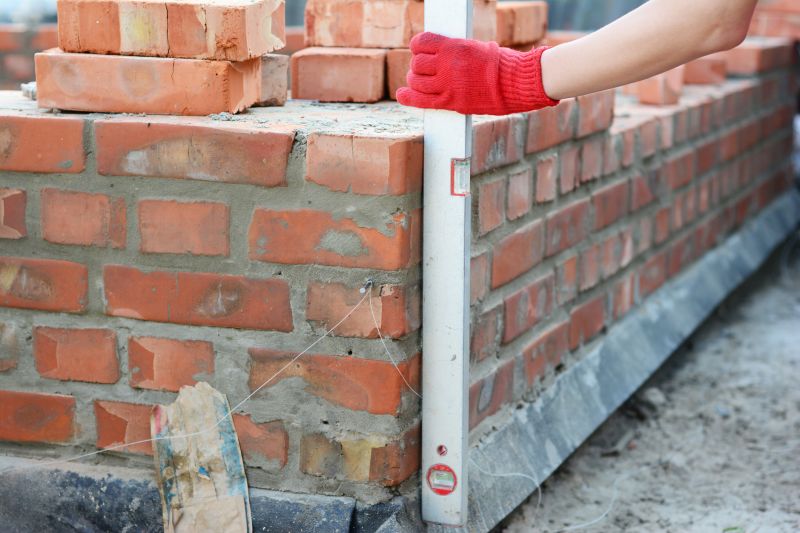
Finishes and colors that play nicely with Foundation Repairs.
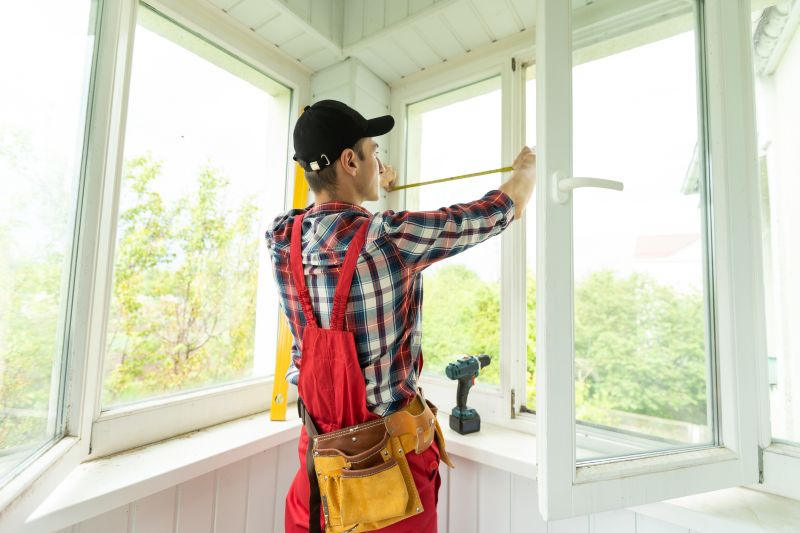
Little measurements that prevent headaches on Foundation Repairs day.
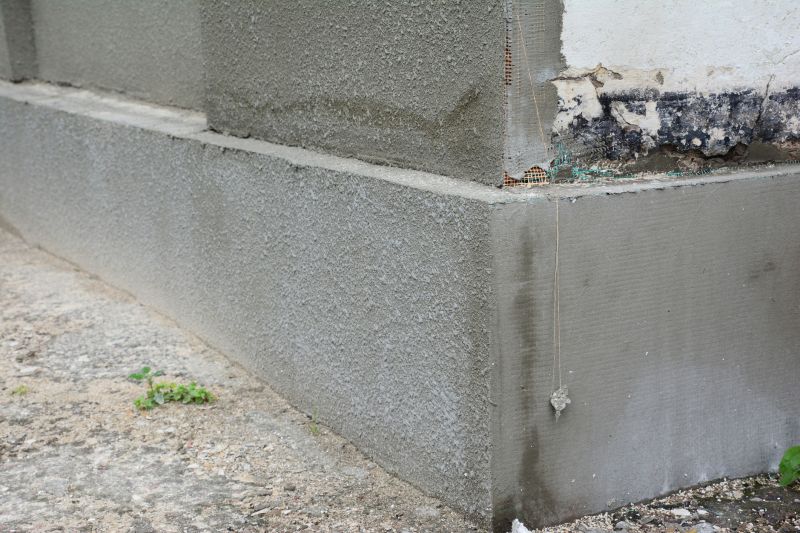
A 60-second routine that keeps Foundation Repairs looking new.
Proper timing of foundation repairs can prevent additional structural issues and reduce repair costs. Regular inspections and early intervention are recommended, especially after major weather changes or soil movement. Consulting with foundation repair specialists ensures the appropriate approach is taken at the optimal time.
Interested in foundation repairs? Filling out the contact form can provide more information and schedule a professional assessment to determine the best timing and methods for stabilization needs in Toledo, OH.
A frequent mistake in Foundation Repairs and how to dodge it.
Small tweaks to make Foundation Repairs safer and easier to use.
Lower-waste or water-saving choices for Foundation Repairs.


